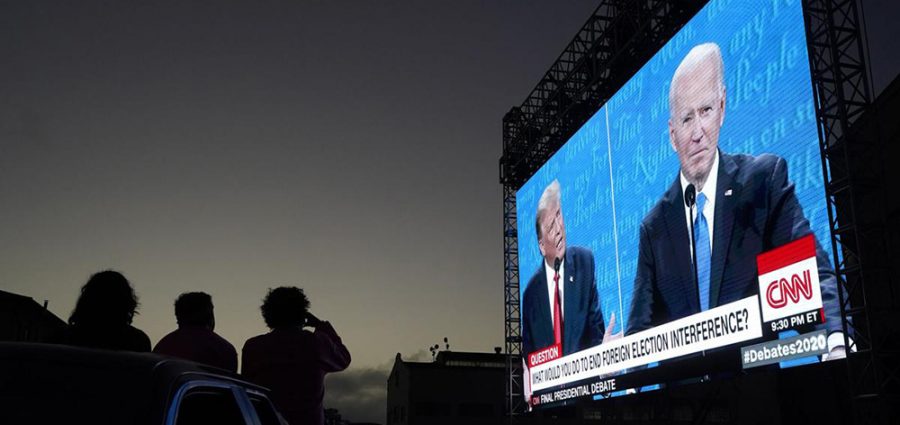Edvisors conducted the nationwide survey of 18-24-year-olds and received 1,183 responses. Edvisors’ data suggests a substantial turnout for Gen Z this November, 89% of respondents indicate they are likely to vote, and 67% are voting for the first time. Of likely voters, Joe Biden (48%) is favored over Donald Trump (25%), and 25% are undecided the month before the election.
Despite Biden having a 23-point edge over Trump, 35% think Trump will win the election, just 30% think Biden will win.
Method of voting varied for likely voters. 31% indicated they would vote by mail and 30% will vote in person on election day. Others will vote early in person or deposit an absentee ballot in a drop box.
“It’s encouraging to see our younger voters ready to take action,” explains Anita Thomas, Chief Marketing Officer. “They’re ready to prioritize political issues that are impacting their lives.”
- Gen Z was asked to identify political issues important to them. They identified education (85%), jobs and the economy (81%), and health care (79%) as their top issues of concern.
- 47% of respondents are optimistic that votes will be counted fairly and accurately.
- 90% of Democratic respondents and 46% of Republican respondents support free college in some form.
- When asked about proposed methods to handle existing student loan debt, only 8% of respondents indicated that everyone should repay their borrowed loans in full. Fifty-nine percent support eliminating interest and fees on federal student loan debt, 34% support forgiving student loan debt for everyone, and 24% support requiring public service for loan forgiveness.
Methodology: Edvisors conducted a nationwide online survey of 18-24-year-olds and received 1,183 responses. All survey respondents were recruited from Edvisors’ proprietary ScholarshipPoints.com community and fielded from Sept. 28, 2020 – Oct. 7, 2020. The survey focused on Gen Z’s feelings and preferences towards the 2020 United States presidential election. The sample’s demographics reflected Edvisors’ diverse audience with 20% of respondents identifying as Hispanic, 18% identifying as African American, and 8% identifying as Asian.






